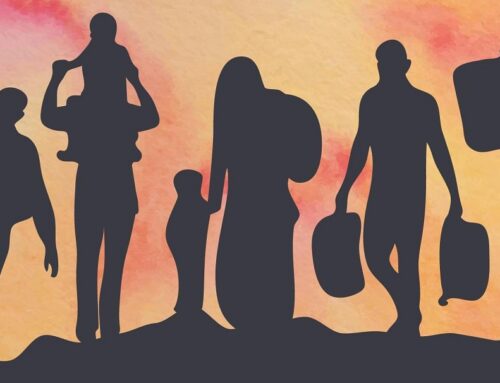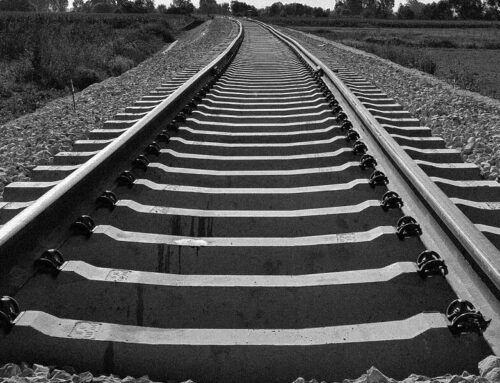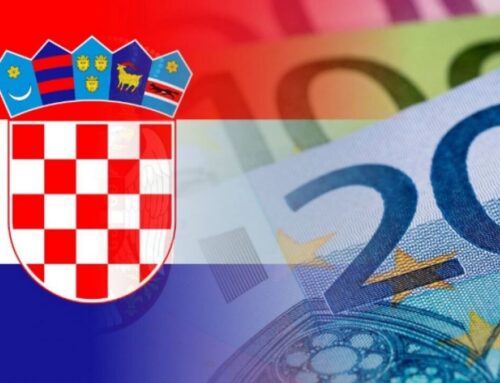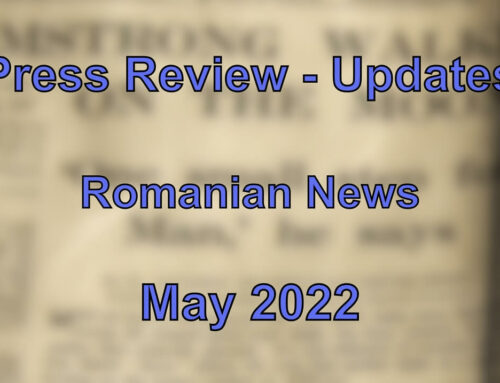Recent socio-economic achievements in the Republic of Moldova, Eastern Europe’s smallest nation located between Romania and Ukraine, could be jeopardised by the ongoing war in the neighbouring country. Due to its weak economic and
institutional capacity, Moldova has struggled to deal with the fallout from the conflict
[1].
First of all, a massive refugee influx put Moldova in a precarious position taking into account the fact that Moldova is one of Europe’s poorest nations. Despite this challenge, Moldova activated temporary protection for Ukrainians providing them with a more secure legal status and access to social welfare showing remarkable solidarity with refugees [2]. The refugee influx made Moldova one of the main refugee-hosting countries and a transit country creating tremendous pressure on the government and border police services. Moldova hosts the highest number of refugees per capita: with a resident population of 2.59 million people, the number of over 780 000 Ukrainians that have crossed the border into the Republic of Moldova since 24 February 2022, is markedly overwhelming for the state’s capacities [3]. Nevertheless, the support of the United Nations agencies, international and national non-governmental partners has eased the burden and helped to satisfy the needs of the
refugees.
Secondly, hoping for the mitigation of political, economic and security vulnerabilities, the country submitted its application for membership of the European Union on 3 March 2022 (and was granted EU candidate status in June 2022). Since the beginning of the war, the price for gas has increased by up to six times. The application process took place amidst growing concerns that Russia is seeking to increase its already strong influence in Moldova. An international consortium of media outlets (Delfi Meedia, Expressen, Dossier Center, Rise Moldova, Frontstory, VSquare, Westdeutscher Rundfunk, and others) disclosed a secret document titled “Strategic goals of the Russian Federation in the Republic of Moldova” [4]. According to the leaked document, Russia’s key goals are to ensure strong pro- Russian groups influence the politics and economy of the country. The document appears to have been drawn up in 2021 when Moldova had shifted towards the West ( pro-Western President Maia Sandu won the 2020 presidential elections ), including closer relations with NATO and an application to join the EU. It repeatedly refers to the importance of preventing Moldova from joining NATO. Kremlin spokesperson Dmitry Peskov denied the existence of such a document highlighting that Russia has always had good-neighborly, mutually beneficial relations with Moldova [5].
In conclusion, due to the energy crisis and the fallout of the war, inflation has hit 30%. The economic fallout of the war is already being felt in the country and will deteriorate if the war continues. Nevertheless, the current Moldovan president, Maia Sandu, is committed to cooperate more closely with the European Union in order to jointly overcome such difficulties. With the granting of EU candidate status to the Republic of Moldova, the Union shows its commitment to stand for democratic principles. But the EU must not allow its engagement to stall for decades as it has in the Western Balkans, as otherwise the country may well shift away from the West letting pro-Russian actors, including Shor party, gain what they are striving for.
References:
1. European Commission. Opinion on the EU membership application by Moldova. European Commission, 2022. https://ec.europa.eu/commission/presscorner/detail/es/qanda_22_3801
2. UNHCR. Temporary Protection in Moldova. UNHCR. https://help.unhcr.org/moldova/temporary-protection
3. WHO. Enabling support for Ukrainian refugees with disabilities in the Republicof Moldova. WHO, 2023. https://www.who.int/europe/news/item/16-03-2023-enabling-support-for-ukrainian-refugees-with-disabilities-in-the-republic-ofmoldova
4. Rise Moldova. Kremlin’s plan for Moldova. Rise Moldova, 2023. https://www.rise.md/english/kremlins-plan-for-moldova
5. RBC. Peskov ocenil dostovernost’ «moldavskogo plana Kremlya». RBC, 2023. https://www.rbc.ru/politics/16/03/2023/6412de8c9a794771b7c16c84




